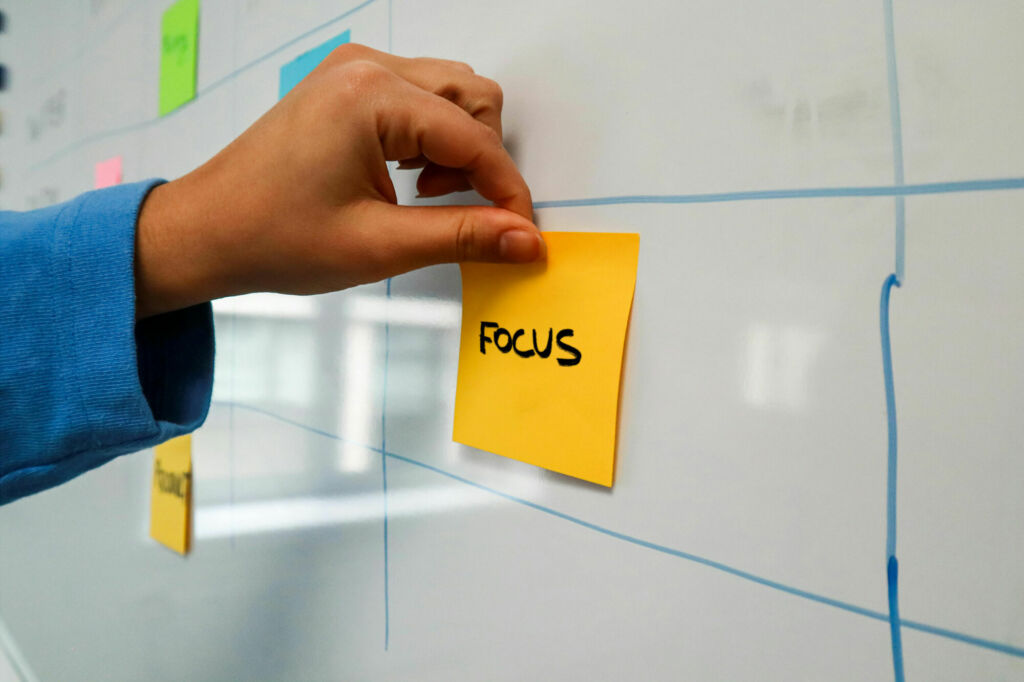Most people don’t lack discipline.
What they lack is a safe environment to try again when things fall apart.
There’s this cultural obsession with grit. Push through. Wake up at 5am. Do more with less. Yet, how often has that narrative actually worked long-term? For most, it leads to one thing: burnout masked as productivity.
What You’re Really Up Against

If you’ve ever told yourself, “I just need to be more consistent,” then felt crushed when you weren’t, you’re not alone.
But here’s the uncomfortable truth: consistency isn’t always a discipline problem. Often, it’s a nervous system one.
When your environment feels unsafe — emotionally or mentally — your brain doesn’t prioritise goals. It prioritises survival. That means short bursts of energy, impulsivity, forgetfulness, even shutdown. Not because you’re lazy. But because your biology is doing its job.
Your planning system isn’t broken. It’s just been hijacked by stress patterns that no daily tracker can override.
The Myth of Motivation and the Pressure Loop
You tell yourself you’ll start Monday.
By Wednesday, things wobble.
By Friday, you’re frustrated.
So you restart the cycle… harder.
This “all or nothing” loop creates an emotional pressure cooker. One small slip feels like total failure. But the truth?
Real habit change isn’t loud. It’s not Pinterest-worthy.
It’s microscopic. It’s painfully slow. And it almost always begins with forgiveness.
Start Smaller Than You Think Is Reasonable

You don’t build momentum by doing more.
You build it by making things so simple your nervous system doesn’t flinch.
For example:
Instead of writing a whole journal entry — open the app and write one sentence.
Instead of 30 minutes of yoga — roll out the mat and sit for 3 breaths.
Instead of overhauling your day — create a 3-step rhythm that you can repeat, even on tired days.
The magic isn’t in intensity.
It’s in emotional safety + gentle repetition.
What Discipline Should Actually Look Like
True discipline is not about self-punishment.
It’s about creating containers that hold you on the hard days.
Not restrict you — hold you.
This might mean automating reminders.
Or using a planner that’s more visual than linear.
It could mean building rituals around how you start your day rather than what you fill it with.
Think of it as reparenting your daily life — not commanding it.

A New Question to Ask Yourself
Instead of:
“How do I force myself to be consistent?”
Try asking:
“What’s missing in my environment that would make showing up feel safe and inviting?”
That shift changes everything. It stops being about your willpower — and starts being about your design. And when you design your habits for who you are now, not who you wish you were, you give yourself a chance to actually stick to them.
Because sustainable change only happens when the system feels human.
